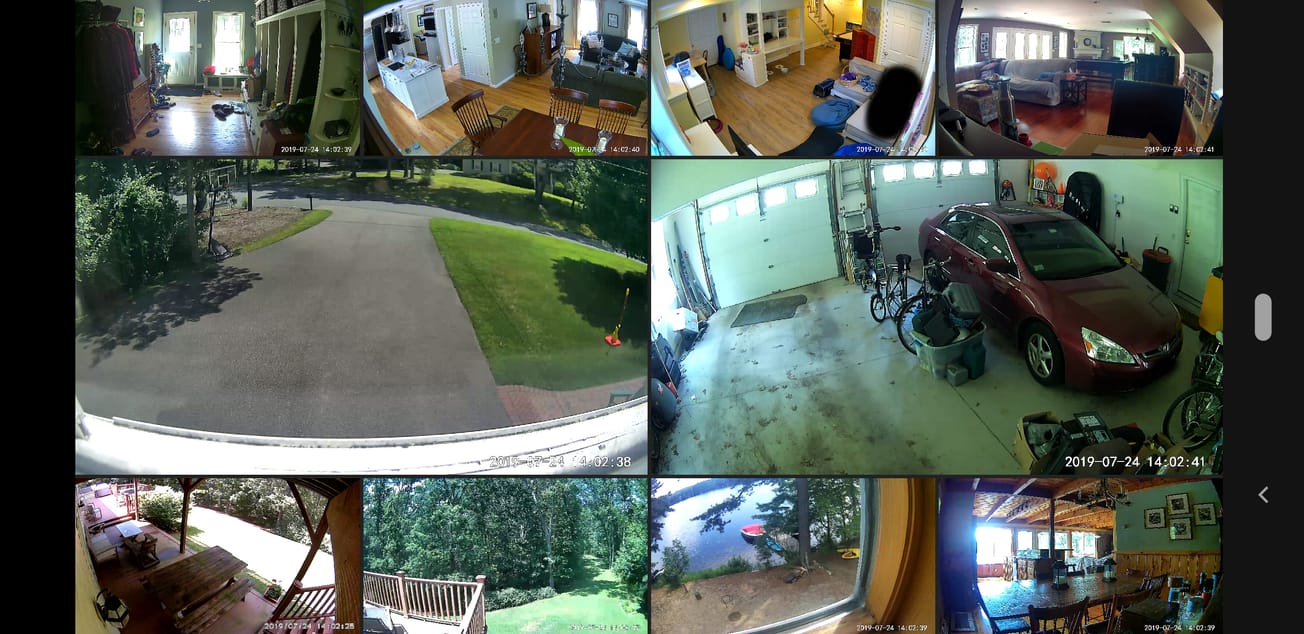See our updated story, published March 28 on "Valkey" here.
Redis abandoned open-source licensing for its free core product last week, throwing an established community of contributors into turmoil. (It is swapping the BSD for a more restrictive dual-license under the Redis Source Available License and MongoDB’s Server Side Public License.)
Within a day, the project had multiple new forks. Whether one can rally the troops around it – in the way that a Terraform community has largely gathered around OpenTofu after Hashicorp’s August 10, 2023 “poison pill” decision to impose a more restrictive licence – is an open question.
But the starting gun has been fired and AWS’s Madelyn Olson was one of the first out of the gate. Together with Alibaba Cloud’s Zhou Zhou and several other existing core Redis maintainers, on Friday she started a fork, saying: “We are all unhappy with the license change, and are looking to build a new truly open community to fill the void left by Redis…”
“We had a really exciting community roadmap before Redis changed the license. Clustering improvements, performance improvements, triggers, and so much more. We'll keep driving this forward,” Olson posted on X.
(Redis, downloaded more than a billion times and deeply embedded in projects and infrastructure globally, is an in-memory data store used by millions of developers as a cache, document database, and more.)
So, is this an “official” AWS-backed Redis fork? (Olson has been working on Redis, paid by AWS, for six years.) “No. AWS employs me, but this is just me trying to keep the continuity with the community. AWS is aware of what I'm doing, and is preparing their own response,” Olson posted.
(When Elasticsearch changed its open-source licence in 2021, AWS launched an Apache 2.0 licensed fork, Opensearch instead, in a move that in some eyes moved it from OSS “strip-miner” to community champion…)
See also: Elastic’s newest query language deserves closer attention
Software developer Drew DeVault (the hacker behind SourceHut, wlroots, and several other projects, as well as a prolific FOSS blogger) also swiftly forked Redis, launching “Redict” which he described as “ an independent, non-commercial fork of Redis OSS 7.2.4… based on the BSD 3-Clause source code of Redis OSS… All changes from this point onwards are licensed under the Lesser GNU General Public license, LGPL-3.0-only” DeVault said, adding in a blog that “discussions are ongoing around…
- “Using this opportunity to remove some long-deprecated features, such as “redis-trib”
- Eliminating vendored dependencies and moving to upstream Lua, jemalloc
- Becoming more downstream agnostic, removing e.g. example systemd or upstart services
- We will also be forking Hiredis, as it is an internal dependency of Redict.
DeVault said the project would be “used to establish a community independent of proprietary infrastructure, such as GitHub and Slack.
“The source code is hosted on Codeberg, a Forgejo instance operated by a German non-profit, which should provide a comfortable and familiar user experience for anyone comfortable with the GitHub-based community…”
(The Software Freedom Conservancy has for some years been championing efforts to “Give Up GitHub”, citing the risks around proprietary software lockin, Microsoft’s mining of code – even copy left-licenced projects – to train its Copilot AI products, and other issues.)
AWS’s Olson, posting on X, said Redict’s vision, “is ultimately not closely aligned with what I want. I want to continue investing heavily in new features, as we were doing before the license change, drew [sic] seemed more aligned with building a fundamentally FOSS project that is out quickly” – but later added a second note on X saying “I'm fully aligned with redict and aligned in helping them solve issues. I'm in contact with the creator and hope we can continue to collaborate…”
It’s clearly early days, with a community in considerable flux, but it seems likely that a serious Redis fork could be on the cards. If AWS and Alibaba Cloud throw their considerable weight behind employees who have been significant contributors to the popular project (not to mention other potential sponsors), it could just take off. Watch this space…









